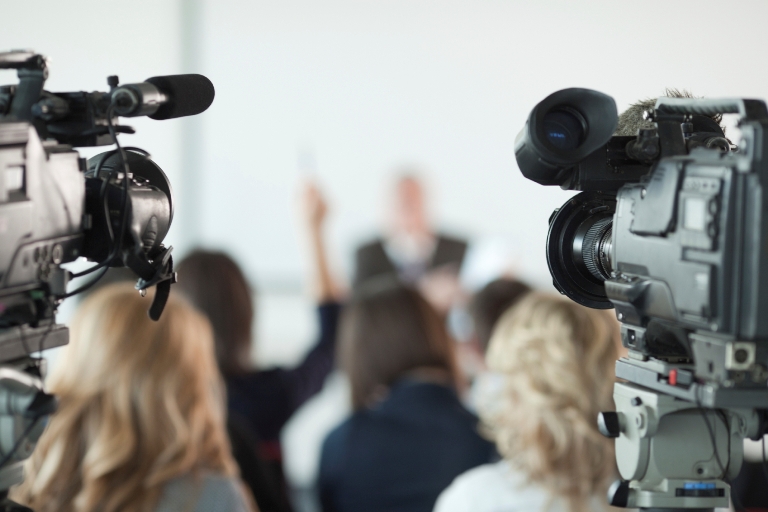
Giving a great media interview starts long before you’re talking with a journalist. A winning interview starts with preparation, not only on your topic, but also on the journalist’s areas of interest, the publication/programme content and the target audience. With this intelligence, you can talk from the stand-point of the public’s interest while also communicating a few key brand messages.
It’s important to understand that the journalist is looking for a story that will engage and stimulate their audience; the interview is not a replacement advertisement for your brand.
In this blog post we give you our top tips to ensure your interview goes down well with the audience, the journalist and your company:
PR brief
Your PR manager should give you a brief on the publication/programme covering the content; the target audience; deadlines; if it is a broadcast programme, whether the interview will be live or recorded; and the topics the journalist will discuss. Take a look at the journalist’s previous work so you have a feel for their style/approach – this will help with your preparation.
Asking questions If you do not have a PR manager, when you receive a request for an interview directly, don’t launch into answering questions straightaway. Think about whether the particular media is right for your business and, if it is, agree a date and time that gives you a little breathing space to prepare for the interview. Ask a few questions of your own first, for example:
- What is the topic of the interview and what type of item is going to be published/broadcast? This gives you the context for the interview and allows you to prepare properly.
- Will your contribution be credited to your company? While it’s not an advertisement, you do need to consider what you will achieve from your input.
- Who else is being interviewed? This gives you reassurance that your company is being featured alongside relevant brands/commentators.
- When will the item be published/broadcast? This may influence how much information you share, for example, is it the right time to talk about a new product or service?
- When will the interview take place and for how long?
Interview location
Many interviews are conducted over the phone, but if your interview is to be face-to-face with a journalist, hold the meeting at a business location or hotel, not a noisy coffee bar without privacy.
Listen carefully
Don’t pre-empt what the journalist is going to ask – listen to the whole question. If you’re not clear about a question, ask for clarification. If multiple questions are fired at you, split them up and answer each one separately. Alternatively, ask the journalist which is the most important question and answer that one.
Be succinct
Interviews vary from brief comments from industry experts to full-page features, with one hero interviewee. The former will be short, so it’s essential to get to the point quickly without waffling or baffling the journalist with jargon.
Get to the point
Give the most important part of the answer first, and then expand. In normal questioning we tend to develop our reasoning first and then make our point. In dealing with the media, it’s best to make the key point first then expand with supportive reasoning or background – if the journalist wants that much information! Getting to the point quickly is a particularly good skill for radio or TV interviews where time is limited.
Stick to what you know
Don’t try to answer questions that are outside your field of expertise – you may make a mistake. However, if you get a question that you should know the answer to but don’t have the information at your finger tips, offer to come back to the journalist with the answer – then keep your promise!
It’s all about the business: Unless you’re a celebrity giving an interview, avoid personal comments and views – you’re being interviewed as a spokesperson for your organisation and should focus on business messages.
Tackle innuendo
If a question contains inaccurate information, politely correct this before dealing with the question. Don’t get into an argument with the journalist – that’s not helpful for anyone.
Dead air
If there is a sudden silence from the journalist after you have answered a question, don’t continue talking just to fill the ‘space’ because you could be tempted to say more than is appropriate. Wait patiently until the journalist resumes the discussion or concludes the interview.
Follow these tips and you will give a winning interview which results in a great story.
You may also be interested in our Top Ten PR Tips.



